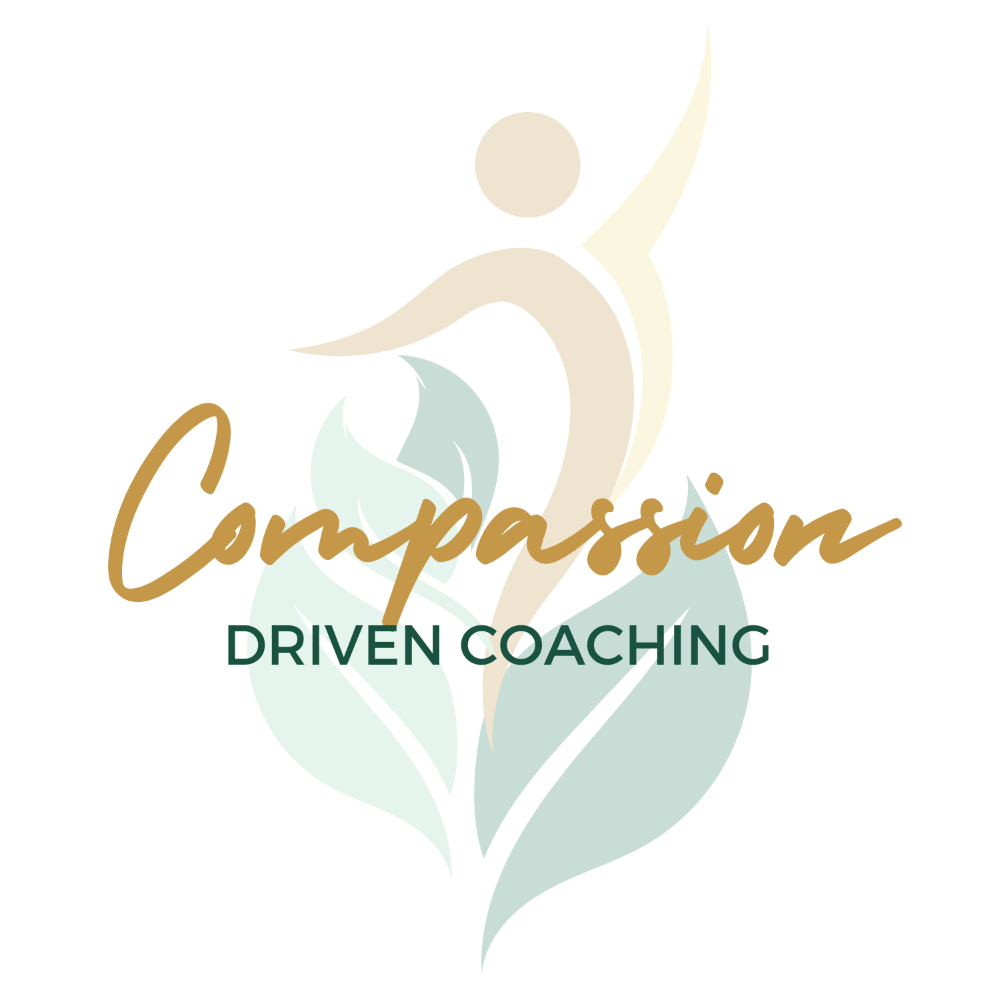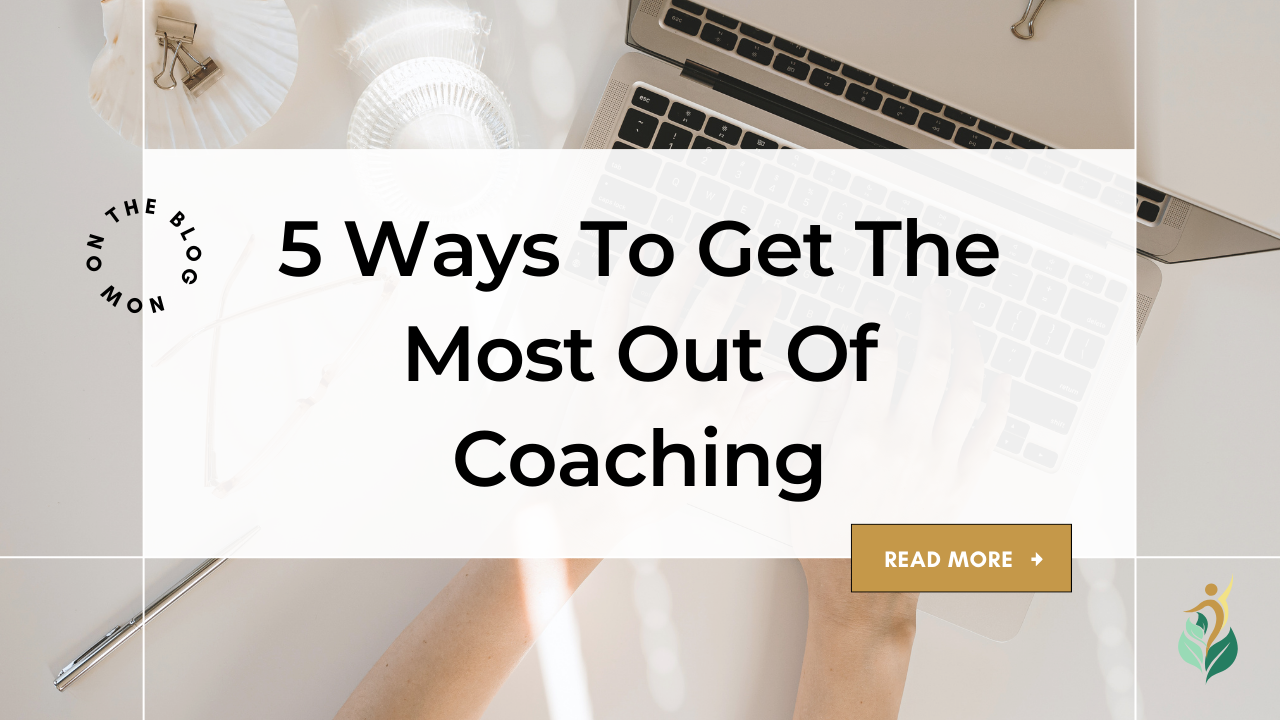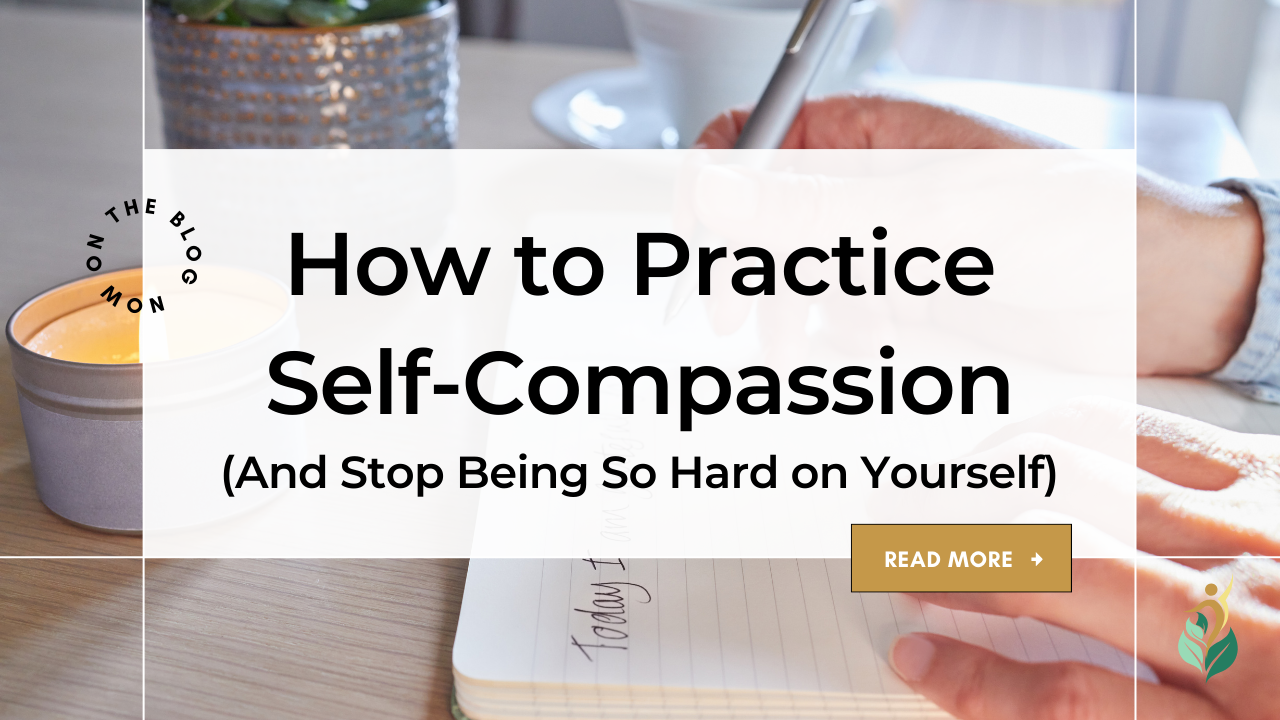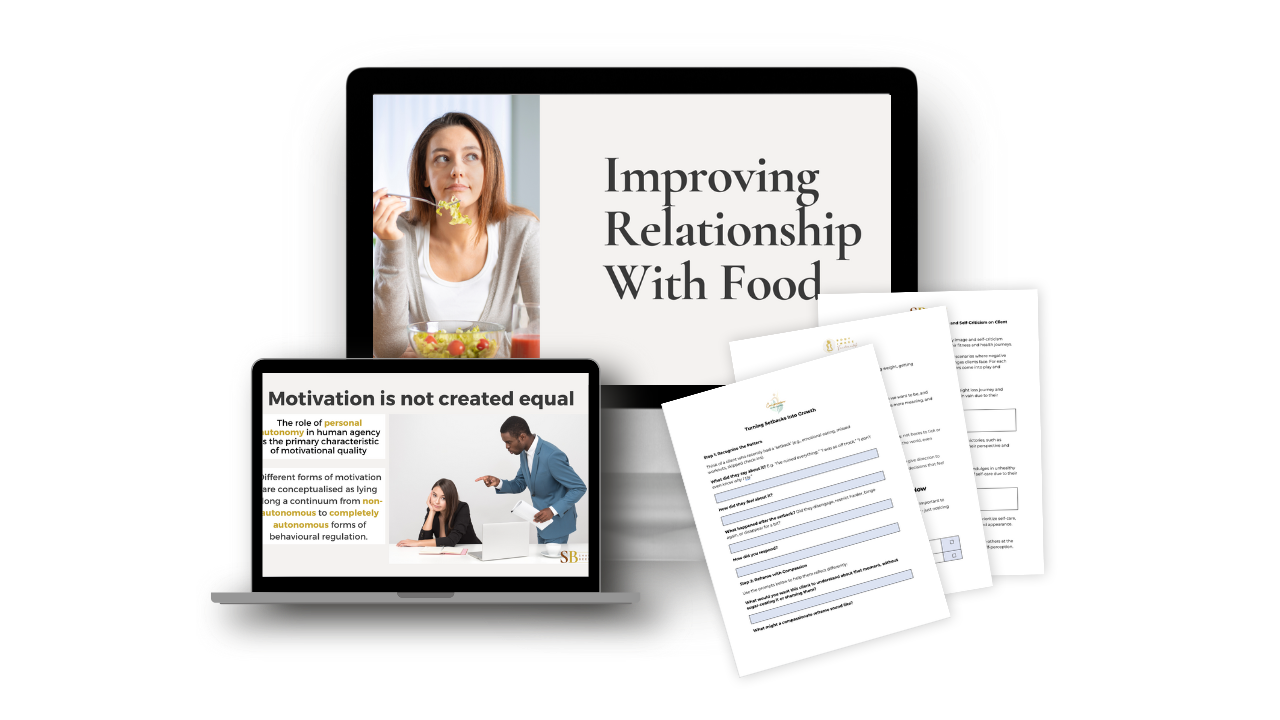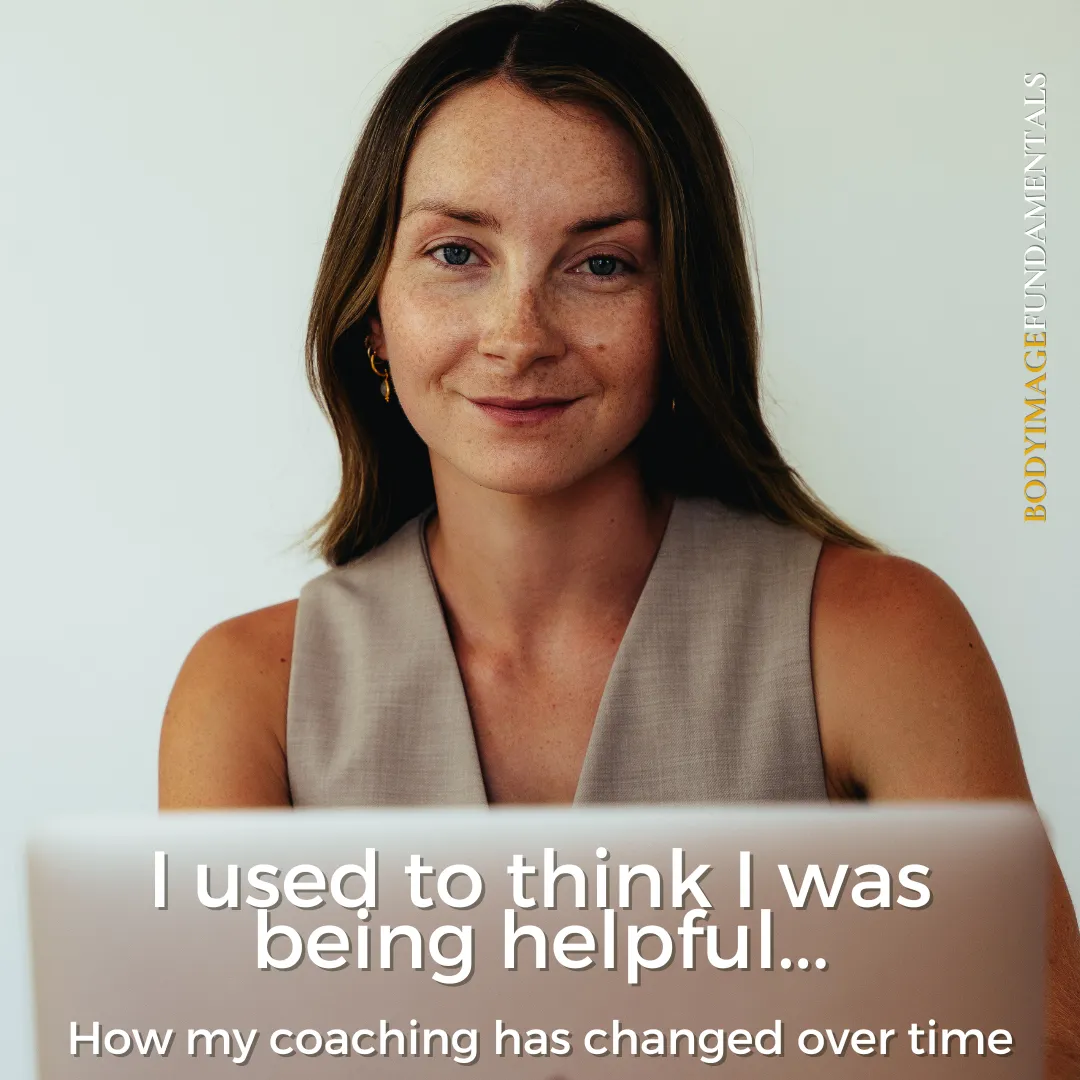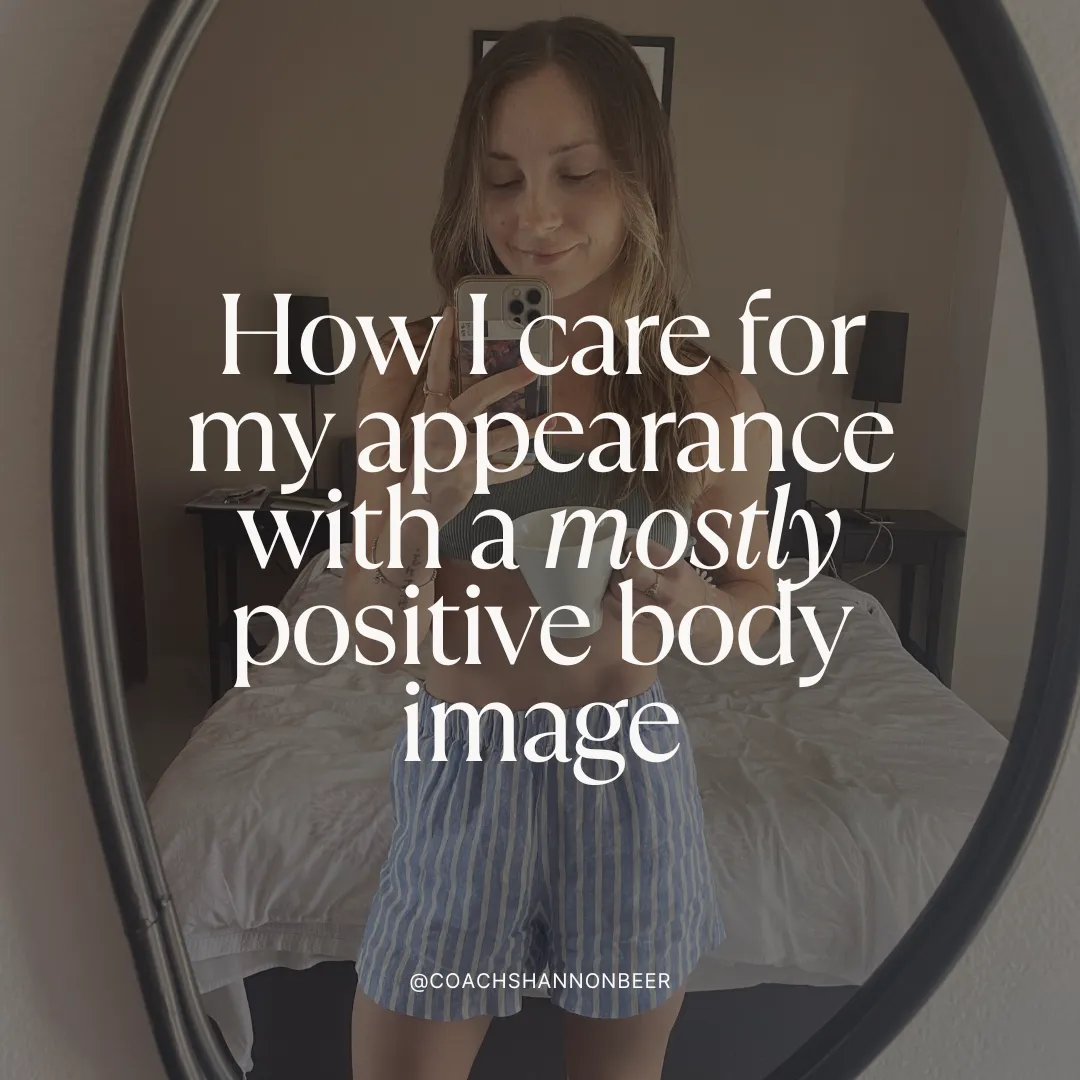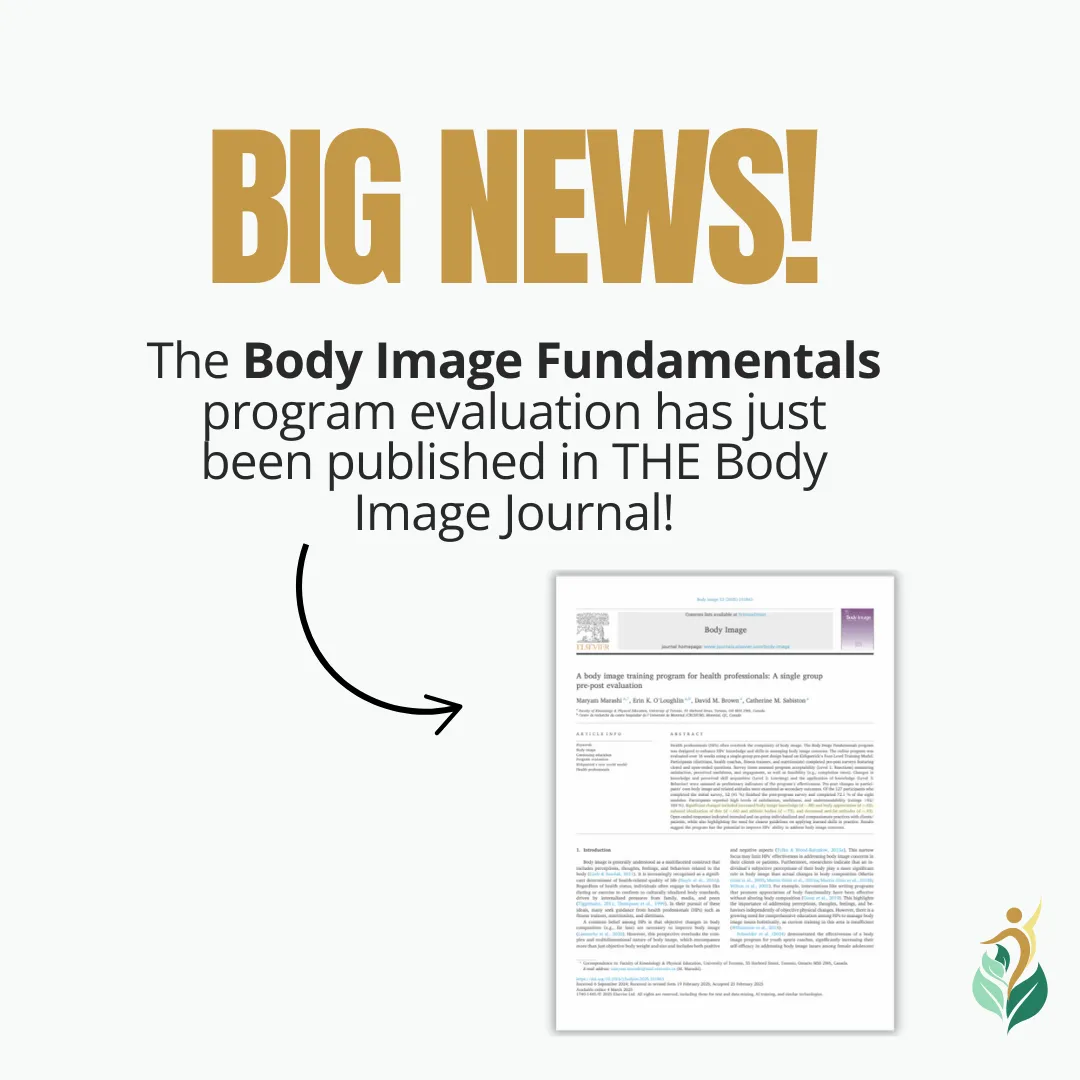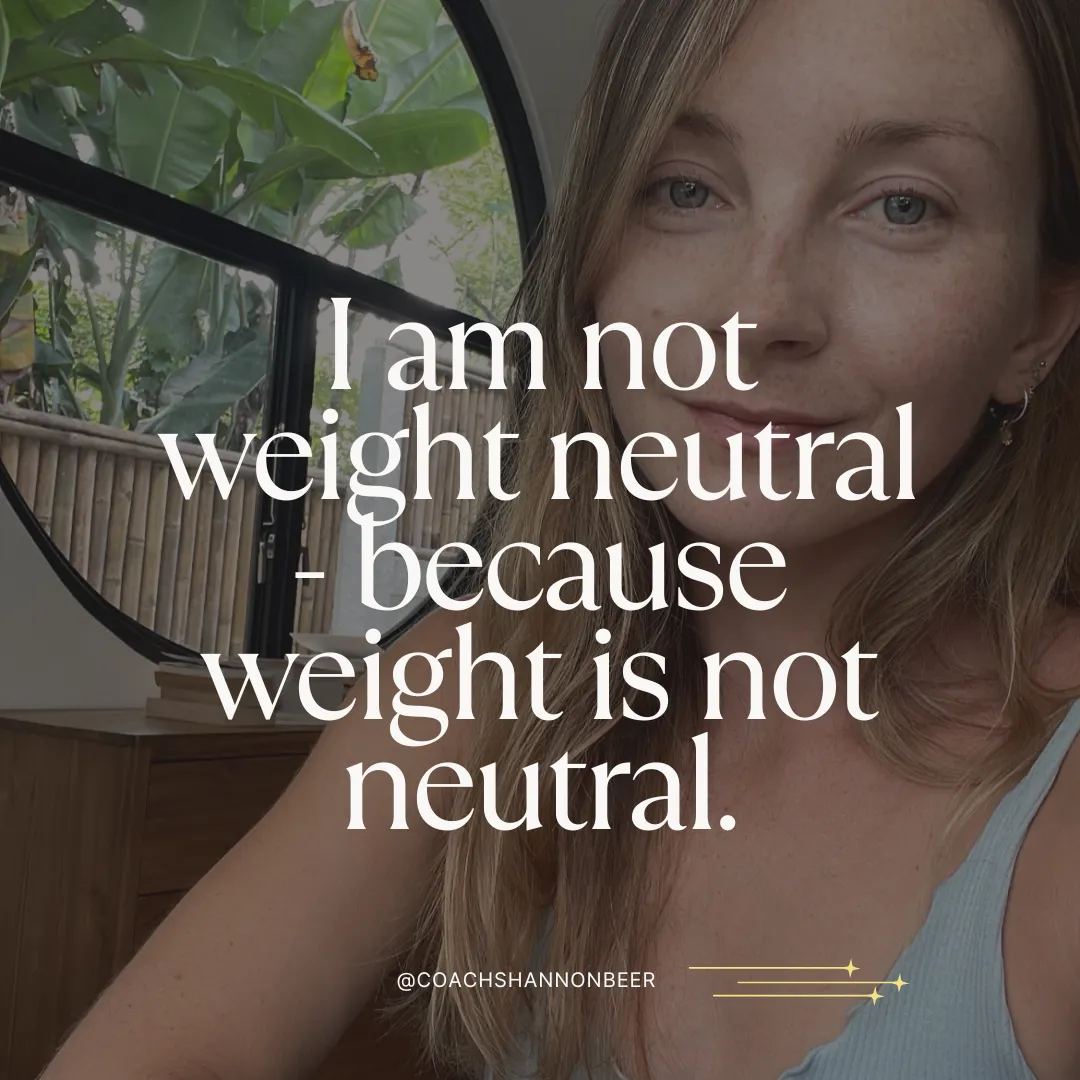I No Longer Feel Shame About My Body
Jul 23, 2022Lorryn is a photographer, nutritionist and long term client of mine. Together we worked on improving Lorryn's body image, gaining control over her nutrition and treating her body with respect and appreciation.
Here's her story.
I No Longer Feel Shame About My Body
I’ve been living with obesity for 90% of my life. My earliest memories of childhood are stained with being the outsider: I was the fat one and therefore there was something wrong with me. I established that in order to be likable, I’d have to compensate: I was the best student, the kindest friend, and the funniest person in the room.
From the youngest age, I was sent to dieticians. I was swapping out chocolates for marshmallows and fat-free gummies, eating boiled vegetables and fish. My grandmother would feel sorry for me and take me to her house for the weekend, where she would feed me “normal” food. Doctors and nurses would do copious amounts of tests to find out what was wrong with me. One nurse complained about how hard it was to find my veins because I had fat on my arms and continued to maneuver the needle while I was screaming. My first weight-watchers meeting was at 9 years old. I remember being weighed in front of a whole group of ladies. Like a cow.
“You’d be so pretty if you just lost some weight, '' they would say.
A narrative I’ve spent my life believing. A narrative reinforced by my parents, friends, and family that being fat was wrong and that I was to blame for not being able to make this miraculous transformation everyone was hoping for from me. I’d been offered a lot of money before if I lost a certain amount of weight “to buy clothes that I dreamed of”. Didn’t help that the opposite sex never paid attention to me. Someone once held my hand and attempted to kiss me in a bar; I was so thrilled that I spent 9 years of my life chasing the dream of this relationship.
The first binge that I can remember was when I was 9 years old.
I stole a can of condensed milk, made a hole in the top, and hid it behind the couch. Every time I was alone, I took a long slurp and quickly hid it pretending I was watching TV. Once I got away with that, it started escalating. At some point, I developed a Binge Eating Disorder that was left undiagnosed and untreated for the next 20 odd years.
Since I was a teenager, my whole purpose in life has been to shrink my body.
Somehow that always feels like the priority to have had. I don’t remember a day when I didn’t wake up and thought about what I could do to lose some weight that day. I always chased the big transformations that you see. That was the goal. The only goal.
As a child, I was always made aware of how I looked. I learned to feel ashamed. Either family members would point it out, my friends would make jokes about my weight, or I would just be outright bullied. I remember in a biology class in primary school my teacher commented on me being “an ugly duckling that will turn into a beautiful swan” when I get to high school, in front of my whole class. I didn’t tell a soul about my experience, but I didn’t eat my lunch that day and stole my mother’s meal replacement shake for dinner.
Feeling shame about how I looked became a way of life for me.
Being treated differently because I suffer from a disease has always been on my shoulders. A disease that isn’t considered a disease by the vast majority of people and if they do consider that having obesity is a medical condition, it’s the person’s fault. When this is the narrative, you believe it too.
I never considered just how much humiliation and suffering I have been through until recently.
That’s just always how it’s been; I’ve learned how to smile and look the other way. The stares, the outright body scans people give me before they even look at my face, strangers thinking that it’s ok to tell me how big I am, I’ve had someone take out my full-cream milk and change it with fat-free with other shoppers laughing, being told by my local grocer that I have to lose weight or I will die in front of a long queue of customers… If that hasn’t been enough, I was walking my dogs and we walked past the physiotherapist. He was having a smoke with his friend. When I was “out of ear’s way” he continued to tell his friend a dramatic story of how hard he had to work to massage me because of all the fat on my body. The number of times that I’ve wanted to crawl into a hole and hide…
These are just some of the things that happen to me daily.
Let that sink in. On. A. Daily. Basis.
Like, imagine all the negative things that you already tell yourself during the day. Now imagine these negative thoughts get re-iterated to you by other people through their words, their stares, or their actions. What do you think this would drive you to do?
Nobody deserves to feel shame about how they look.
To have their human rights stripped away from them because of their body shape. I would go as far as to say that the discrimination that people living with obesity face, is in many ways similar to racial discrimination.
It was only when I was diagnosed with my eating disorder and started to seek the right help to overcome it, that I slowly started to pull apart this complicated web of beliefs. Over two years of collective evidence-based health coaching and education from Mac Nutrition University (where I got my certification), Shannon, the Comprehensive coaching group, and following compassionate doctors who specialise in the field of obesity and binge eating disorder has shown me all the variables at play. I learned that both Obesity and BED are diseases and deserve medical intervention.
Untangling these beliefs hasn’t been an easy process.
It’s taken hours of studying, self-reflection, learning more about emotional intelligence and regulation, and most importantly developing self-compassion (which in itself, is a mountain to climb). I also went on a mission to understand more about the different factors that make a person vulnerable to developing obesity and learned that I didn't need to blame myself. It wasn't my fault.
As soon as I fully grasped and eventually accepted these facts, I could start to let it all go.
All the shame. The pain. The frustration. The disappointment in myself.
I could finally take the steps towards forgiving myself.
It wasn’t my fault. I didn’t do irreplicable damage to my body. It’s like the weight of the world was lifted off of my shoulders and this allowed me to gain clarity of what I truly needed. I had worked hard through my eating disorder and it was now time for me to seek treatment for my obesity. As is my human right to any form of health care.
With this new outlook, I was able to recognise that there were medical interventions that I could consider which would help move me toward my overall health goals. Just like someone would go about getting treatment for any other disease. It also enabled me to set boundaries regarding the kind of treatment from others that I will, and will not, tolerate. I am a human and having a medical condition (whether you choose to believe it’s valid or not) does not change that fact.
The more people that get educated about the factors that make individuals vulnerable to having obesity, all the variables that affect this vulnerability, and all the medication that is being developed, the better. Perhaps the public will start developing a little much-needed compassion for those suffering and provide freedom of options and a way out for those who want to take it.

Stuck In All Or Nothing Mode?
Your mind isn’t broken; it’s just running on autopilot.
Take the free Emotion System Audit and learn what's driving your patterns - and what to do when you feel overwhelmed or out of control.
